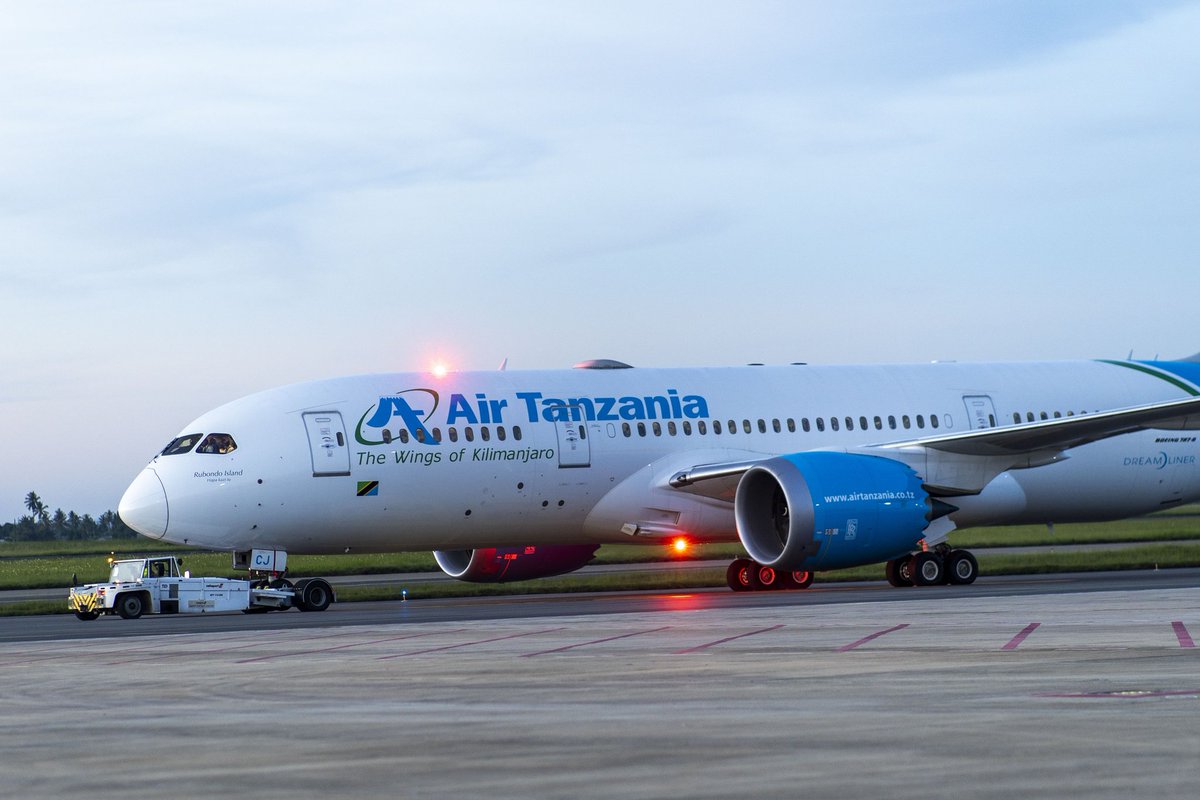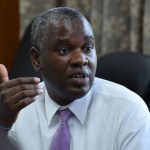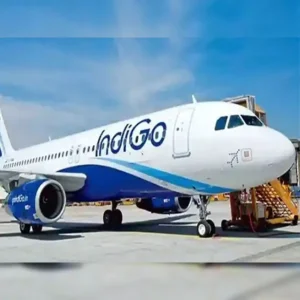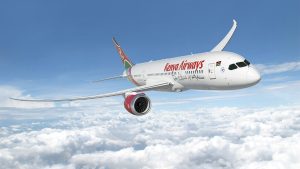Dar es Salaam. Stiff competition saw the change in the market share structure last year as airlines competed to stay afloat amid the Covid-19 pandemic impacts.
The latest data from the Tanzania Civil Aviation Authority (TCAA) shows that only Air Tanzania Company Ltd (ATCL) and Auric Air Services managed to increase their market shares during 2021.
ATCL market share jumped to 52.9 percent from 47.8 percent in the preceding year, remaining the market leader.
Under the period of review, Auric Air saw its share slightly increasing by 0.2 percentage points to 10.3 percent.
As the pandemic adversely affected the aviation sector, the number of tourist arrivals fell, forcing Precision Air, As Salaam Air and Coastal Travel Limited – which are considered feeder airlines – to reduce their capacities, forcing their market share to go down.
Precision Air remained in the second place despite its market share dropping from 26 percent to 22.8 percent.
On the other hand, As Salaam Air’s market share fell from 5.3 percent to 2.8 percent while Coastal Travel’s market share decreased slightly to three percent from 3.5 percent.
Other airlines’ market share climbed to 8.6 percent from the previous 7.3 percent.
ATCL managing director Ladislaus Matindi told The Citizen yesterday that the airline’s performance was attributed to the expansion of its networks.
He said the airline introduced new domestic routes which include Geita, Mtwara, Arusha and Songea. The airline also increased frequencies in routes like Arusha, Dodoma, Kilimanjaro, Mwanza and Zanzibar.
“To attract more passengers, we are committed to improving our on board services and smoothing the issuance of tickets,” Mr Matindi said.
Precision Air managing director Patrick Mwanri said that a drop in the airline’s market share was significantly caused by various factors such as fall in a number of destinations.
He also linked the drop to the fall in the capacity they offered based on operations versus costs associated with the route, passenger number drop due to Covid-19 dynamics and government institutions and authorities using ATCL as official choice. “We are working together with the government and other stakeholders to attract more tourists in the country and promote other travel segments,” he responded to The Citizen’s questions.
“We are looking forward to increasing our operations where we see potential demand that can generate revenue while looking at cost of operation and continuous improvement of our operation.”
As Salaam Air commercial director Ibrahim Bukenya blamed the Covid-19 pandemic for the fall of their market share.
He said business was not in their favour since Covid-19 was at its peak in April 2020 and that it started to recover in December 2021. “We are now flying an average of 150 passengers on a daily basis compared to an average of 80 passengers that we were carrying in 2021,” said Mr Bukenya.
He said to capture more market share, the airline which ply Zanzibar-Arusha via Dar and Zanzibar-Dar routes will next month increase frequencies to its destinations from one to two.
It is also set to resume its Zanzibar-Dodoma via Dar route in September.
How Auric Air increased its market shares, airline’s sales director Deepesh Gupta said while other airlines suspended operations during the pandemic, for them it was different.
“Even when we were grappling with a cash flow crunch, we kept on investing on our routes with a view to maintaining continuity,” said Mr Gupta.
“To maintain our good performance and even do better, we are committed to embracing quality, safety, consistency, reliability and promotion.”
The Coastal Travels’ managing director, Captain Maynard Mkumbwa, linked the drop in their market share with the suspension of non-profitable routes of Dar-Zanzibar-Pemba-Tanga.
However, he was positive things were likely to change for better soon, attesting his optimism to overbooking they were now experiencing.
“To cope with the trend and attract more passengers to our routes, we are expecting to add three more aircraft to our fleets to make a total of 18 by July,” said Mr Mkumbwa.
Source: The Citizen






